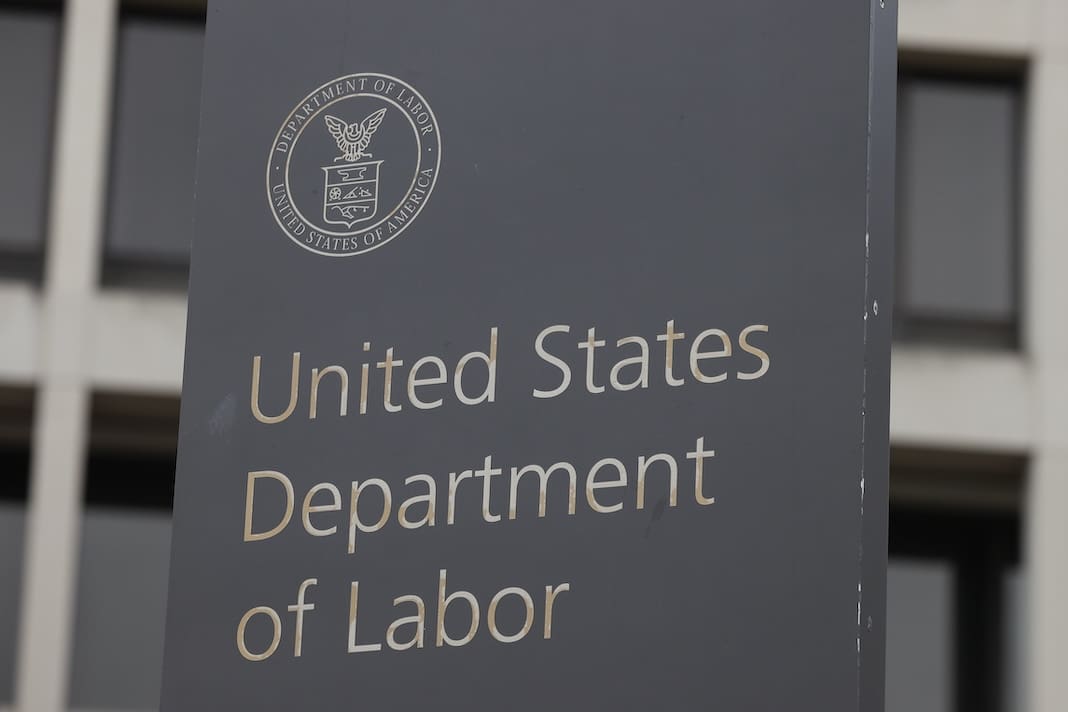Wisconsin cities get federal help to protect against extreme weather, climate change
Legislation signed by President Joe Biden is helping cities in Wisconsin.

Coastal communities in Wisconsin are receiving grants from the federal government to assist in protecting residents from the effects of extreme weather conditions and global climate change. The National Fish and Wildlife Foundation and the National Oceanic and Atmospheric Administration announced the awards, which will go to the cities of Port Washington and Green Bay, along with projects along the East River watershed, on Nov. 29.
A total of $144 million in grants will go to projects in 31 states and several U.S. territories. Funding for the grants comes from the Infrastructure Investment and Jobs Act and the Inflation Reduction Act, both signed into law by President Joe Biden, along with congressional appropriations and private partnerships.
“In Wisconsin, our fresh coasts are critical to our way of life, and with the increase in extreme weather events and climate change, we need to make sure our coastal communities have the tools and resources to protect themselves and adapt,” Sen. Tammy Baldwin (D-WI) said in a statement. “I am proud to bring home funding so our coastal communities can prepare and build resilience to our changing environment – helping keep our harbors open, waters clean, and communities open for business.”
Three awards totaling over $1.8 million in funding were announced.
Port Washington will receive $915,000 to help the city identify nature-based solutions to unstable conditions in Valley Creek, which has been affected by extreme rainfall that has led to regional flooding in recent years.
The Fox River near Green Bay has also experienced flood conditions in recent years, and that city was granted $741,200 for a project to develop engineering designs to reduce the flood risk while also continuing to provide access to public recreation areas along the waterfront.
In addition, the Nature Conservancy, a nonprofit organization, was given an award of $199,800 to develop a project for flood resilience in the East River watershed region.
The Biden administration has emphasized the need to improve the resilience of American communities as extreme weather conditions resulting from climate change have become more frequent.
In November, the White House announced an additional $6 billion that would be directed to local communities, bringing the total for climate resilience measures to over $50 billion since Biden took office.
The White House said these damaging climate-related events cost U.S. residents an estimated $150 billion per year, in addition to the related loss of life, damage to ecosystems, and health care costs.
In 2023, the U.S. set a new domestic record for natural disasters costing $1 billion or more, with 23 events as of September. According to NOAA data, five of those events affected Wisconsin.
The previous national record had been 22 events in 2022.




